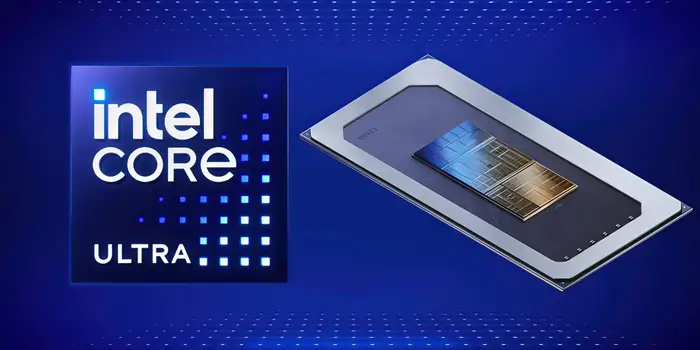this post was submitted on 20 Mar 2024
150 points (100.0% liked)
technology
24199 readers
259 users here now
On the road to fully automated luxury gay space communism.
Spreading Linux propaganda since 2020
- Ways to run Microsoft/Adobe and more on Linux
- The Ultimate FOSS Guide For Android
- Great libre software on Windows
- Hey you, the lib still using Chrome. Read this post!
Rules:
- 1. Obviously abide by the sitewide code of conduct. Bigotry will be met with an immediate ban
- 2. This community is about technology. Offtopic is permitted as long as it is kept in the comment sections
- 3. Although this is not /c/libre, FOSS related posting is tolerated, and even welcome in the case of effort posts
- 4. We believe technology should be liberating. As such, avoid promoting proprietary and/or bourgeois technology
- 5. Explanatory posts to correct the potential mistakes a comrade made in a post of their own are allowed, as long as they remain respectful
- 6. No crypto (Bitcoin, NFT, etc.) speculation, unless it is purely informative and not too cringe
- 7. Absolutely no tech bro shit. If you have a good opinion of Silicon Valley billionaires please manifest yourself so we can ban you.
founded 5 years ago
MODERATORS
you are viewing a single comment's thread
view the rest of the comments
view the rest of the comments

Yeah the numbers in desktop CPU and GPU names are usually pretty straight forward. I think it's the suffixes after the numbers that tend to trip people up, the new RTX 4070 "Ti Super" takes the cake there.
On the other hand, it's usually mobile chips where the naming get ridiculous.
Nvidia was good about it for the most part until around RTX got started, at that point they dropped the m suffix from their laptop GPUs. This misleads a ton of people into thinking they are actually similar to the desktop parts in performance. For example, the desktop RTX 4070 has 12GB of VRAM and has comparable gaming performance to a 3090. Meanwhile the laptop RTX 4070 has 8GB of VRAM and performs between a desktop 3060 and 3060 Ti. It's very scummy the two chips share the exact same name.
AMD does this thing where the third digit in their laptop CPUs denotes architecture instead of relative performance, misleading people into thinking the first number indicating generation also indicates architecture. The 7420U and the 7640U are in the same generation despite the former being all the way back on Zen 2 and the latter on the latest Zen 4.
And I have no idea what the fuck Intel was doing with their mobile chips even before the meteor lake rebranding. My laptop contains an 11th gen i7-1165G7, it's built on Intel's 10nm node. Its 10th gen predecessor, the i7-1065G7, was also on 10nm. Here they decided to use the suffixes G1, G4, and G7 to indicate iGPU performance tiers. Before those two CPUs, the equivalent product segment used the more traditional format, an example being the i7-8650U where the U denotes low power. But at the same time there existed the i7-10610U. It's in the same generation as the i7-1065G7, but built on the older 14nm node. Something about that name is apparently supposed to denote the process node but I have no idea what it is.
After just two generations, Intel decided to drop the iGPU suffixes. The i7-1165G7's successor was just the i7-1265U. For impossible to comprehend reasons, they didn't return the fifth digit that the G7 suffix originally pushed off. Then the 12th and 13th gen mobile chips end up easily mistaken for first gen chips because their model numbers start with a 1 without any context for whether the second number is also part of the generation number.
Oh god I thought they stopped doing the fucking laptop part naming shit where it's the same name but a totally different part